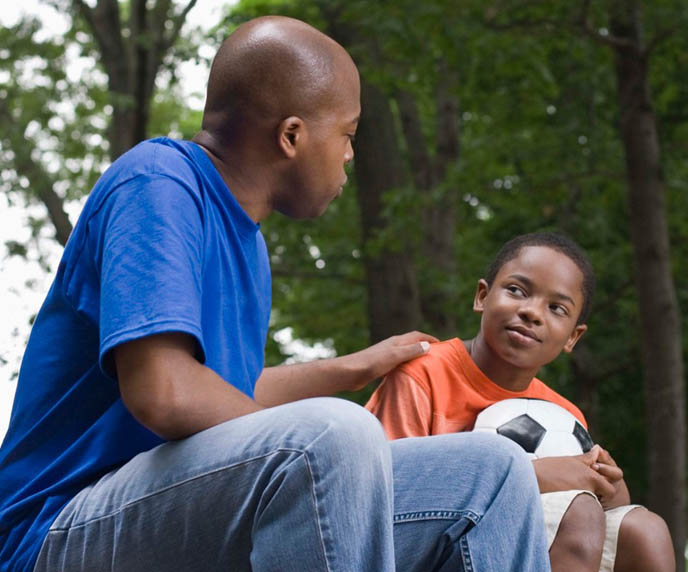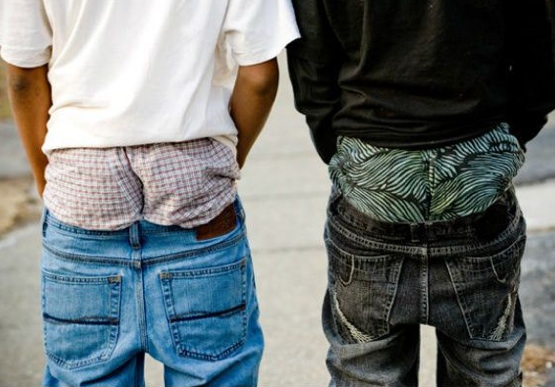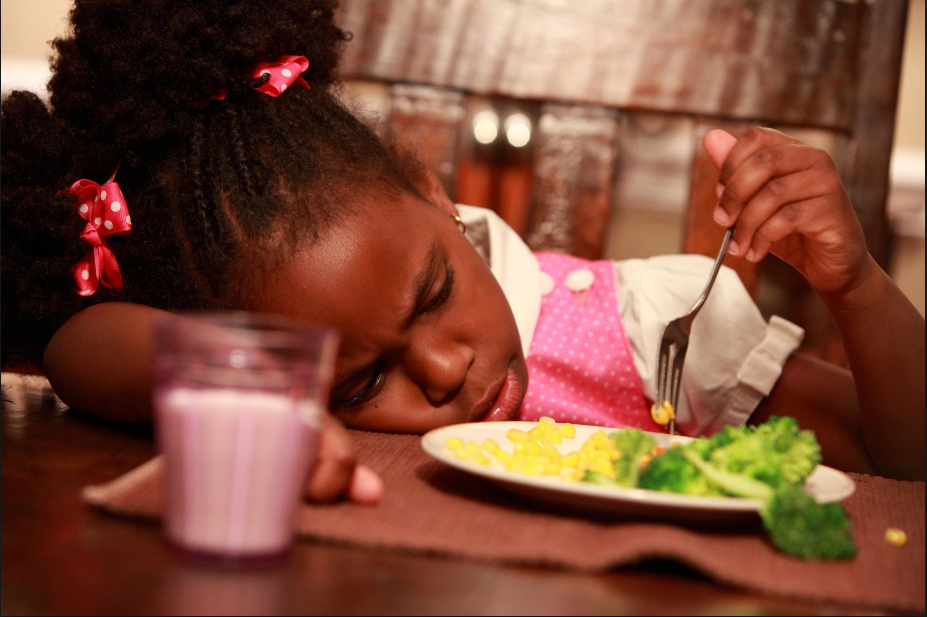Dear Mother Wit,
Because of all of the news about the cop killings of Mike Brown, Eric Garner and John Crawford, my son is having nightmares about being murdered by police. How do I make him feel safe when he feels like his skin puts him in clear and present danger by law enforcement? What’s the appropriate way to talk to a kindergartener about racial profiling, police brutality and the criminalizing of Black bodies and reassure him while preparing him adequately for the reality of how he’ll be perceived as a threat?
— Ferguson Nightmares
 Dear Ferguson Nightmares,
Dear Ferguson Nightmares,
Alas, this is the plight of Black and brown parents here in America: we have to raise our children to live within and honor a system that, at every turn, consistently reminds us that we are not respected by it. This becomes glaringly apparent when protests against police brutality reach fever pitch and we Black folk voice our frustrations with tactics that target our families.
There are protests (like that surrounding the death of Mike Brown, whose shooting death by a cop sparked mass demonstrations in Ferguson), there are angry demands (like the call for a change in policing tactics after the killing of Eric Garner, whose strangling death at the hands of police officers was caught on cell phones) and there’s lots of chatter about how incredulous these cases are (like the shooting death of John Crawford in a crowded Walmart, while he was holding a toy rifle police thought was real). All that anger about the injustice of it all plays out in one big, loud, emotional stereo on our TVs, radios, social media, and haunts our dinner table conversations, and rightfully so. We’re crying out and trying to figure out how to cope with it all—maybe even figure out how to fix this thing.
The problem is that those emotional conversations often happen in front of our kids, sans the filter necessary to help them process it all. We’re talking around them, but not to them. The result: a 5-year-old child is left to consider all the scary details of these incidents—shootings, chokings, being murdered for playing with toys, riots, tear gassings, scary police officers who kill people for being Black—all on his own. And since five-year-olds are developmentally incapable of reasoning and separating fantasy from reality, it is only natural that they would gather up all the anger, emotion and snippets of information and conclude they and the people they love are in imminent danger.
How do you help your son deal with it all? Consider these steps:
Encourage conversation and listen to him.
It’s important you give up that old Black folk saying, “Children are to be seen, not heard,” and give your son the opportunity to talk about it all. He doesn’t have to be in adult conversation, but he does need for you to give him the chance to express his fears and beliefs in a safe space where his feelings are validated, he doesn’t have to check his emotions and he can count on the person who loves him most—his mother—to help him process it all. For instance, if he says, “Police are bad, they kill Black people and they are going to kill me, too,” you can counter that by acknowledging that there are police officers who do bad things to people for a number of reasons, but that an overwhelming number of them are there to protect and help people. If you really listen to what he’s saying, you can allay his fears, dispel what is unreasonable and give him the tools he needs to cope.
Answer his questions about the high-profile police brutality cases with facts.
Remember: your child’s understanding of what happened to kids like Mike Brown, Trayvon Martin and the like comes from a myriad of sources—family, friends, nightly news, fellow 5-year-olds—and the “facts” can come fast and furious, sometimes contradicting one another, sometimes embellished. It’s important, then, to let him both say what he knows and ask questions. Then answer him with basic facts and honest, developmentally-appropriate conversation that considers his feelings about the matter. Acknowledge that the details are scary, but that the chances of something like that happening to him really are low. Remind him, too, that you don’t have all the answers and that this world is not perfect, but that you are going to do everything within your power to protect him, love him, and be there for him if he feels upset or doesn’t understand what is going on.
Monitor what he sees and hears.
News coverage of both Eric Garner and Mike Brown’s deaths is graphic and full of imagery that is wholly inappropriate for kindergarteners. Simply put: seeing a dead body laying in the street or watching a man be choked to death is not something 5-year-olds should be consuming. Ever. If your child has seen it already, explain to him what happened, and put it into age-appropriate context for him: “I’m really sorry you saw that; I’m sure it was scary to watch. We are going to wish good thoughts for their families and hope that anyone who did anything wrong gets punished for it.” Then, here comes the important part: turn off the TV and radio and let your child get the information he needs about the case directly from you. Remember: the news is meant for adults. It’s up to parents to craft news into age-appropriate conversation.
Get him involved.
Racism, police brutality and racial profiling show us the absolute worst in people; the shock, sadness, hostility and anger can be heartbreaking and overwhelming, even for adults. But we know that raising our voices—whether by signing petitions, protesting or exercising our right to vote—helps not only contextualize ways to fix what’s broken, but also gives us the opportunity to work with others to make some kind of difference. This is cathartic. Give your son the chance to do the same: consider helping him write a letter to the families of Mike Brown or Eric Garner. Let him listen to music that speaks to social issues—think Marvin Gaye’s “What’s Going On,” Raheem DeVaughn’s “Nobody Wins a War,” or Jill Scott’s “My Petition”—and discuss their context. Share books and poems of hope: think Maya Angelou’s “Still I Rise,” or Langston Hughes’ “I, Too, Sing America,” and talk to him about their meanings, too. Let him know that ours is a mighty people that has come a long way, and with each passing generation, we’ve gotten stronger—and it is possible to continue doing so. With your love, care and attention, surely, he will come around—and be the better for it.












Recent Comments